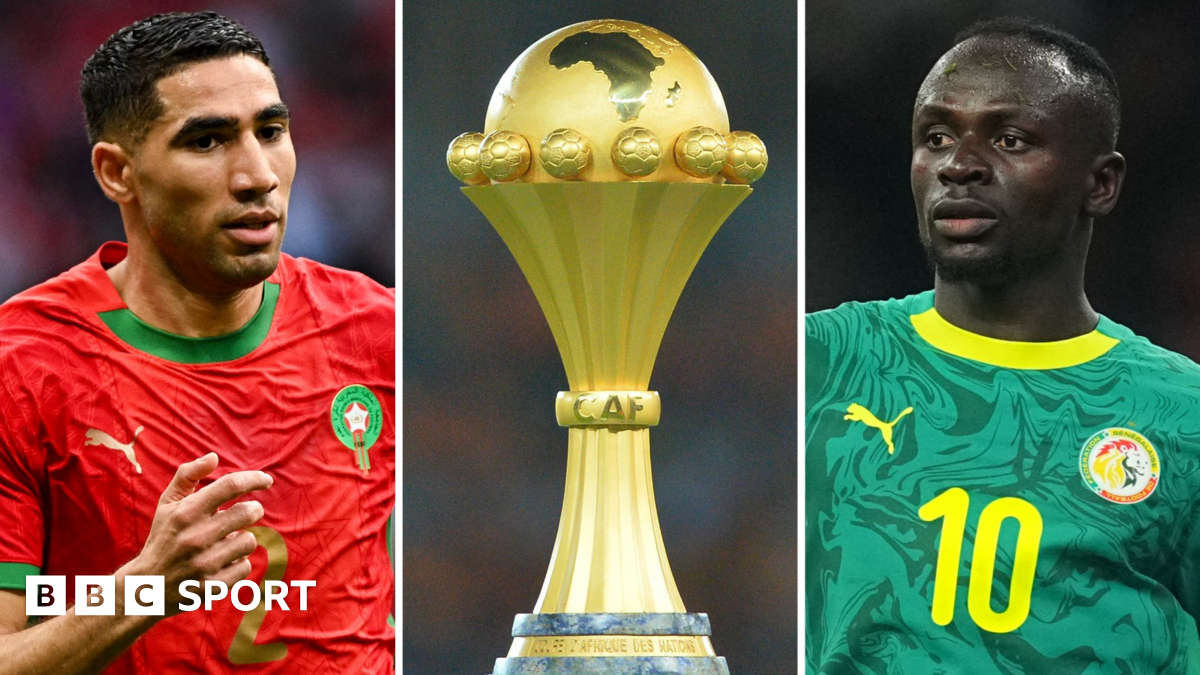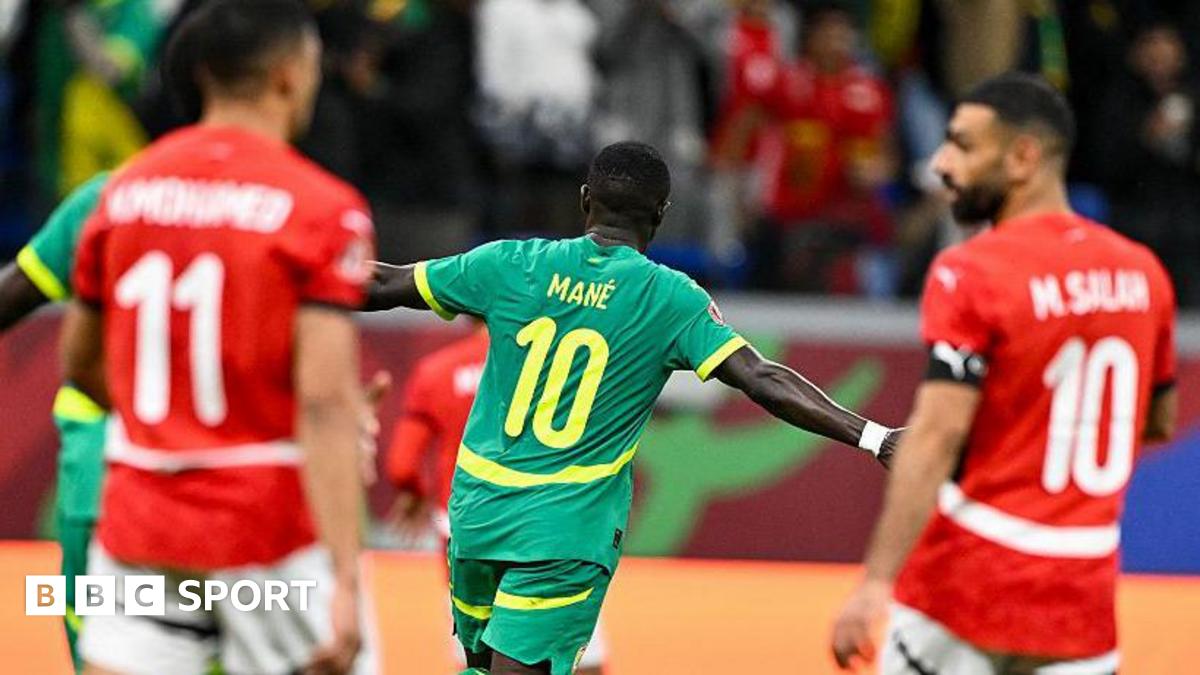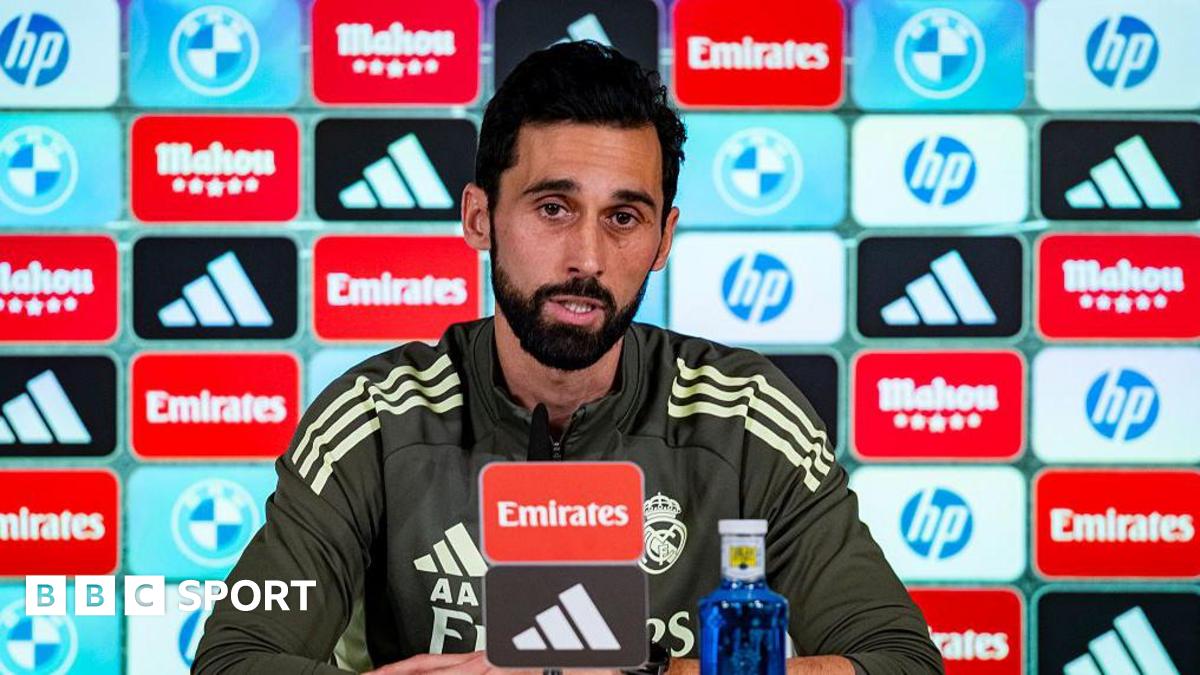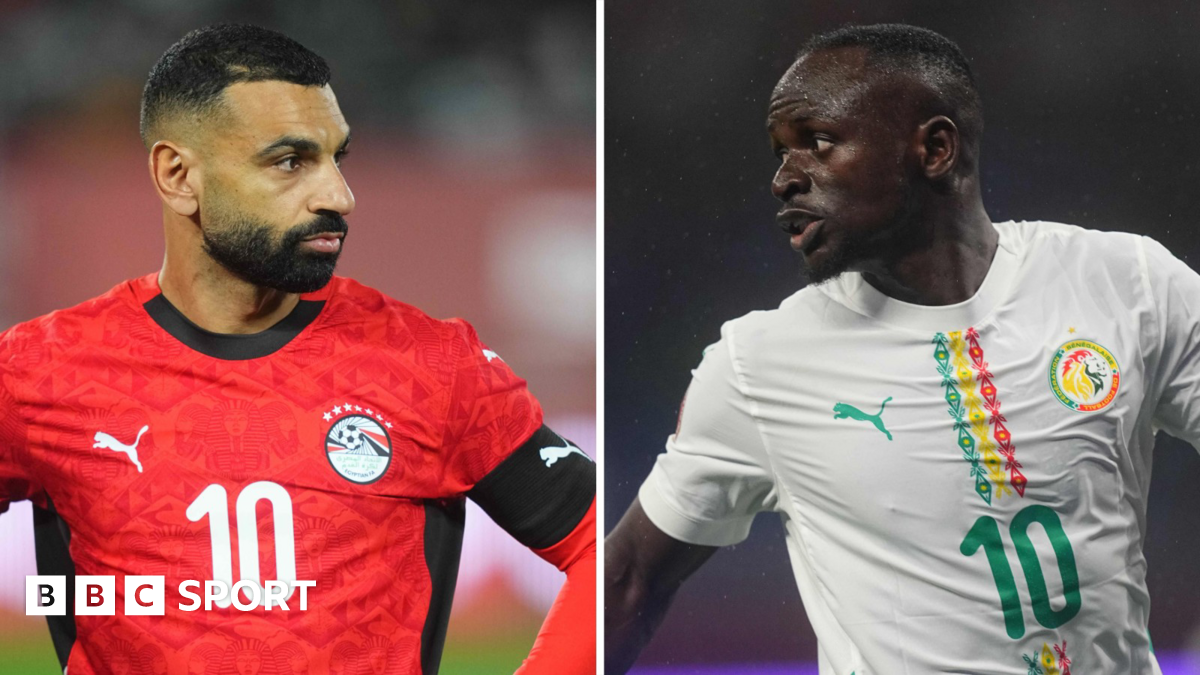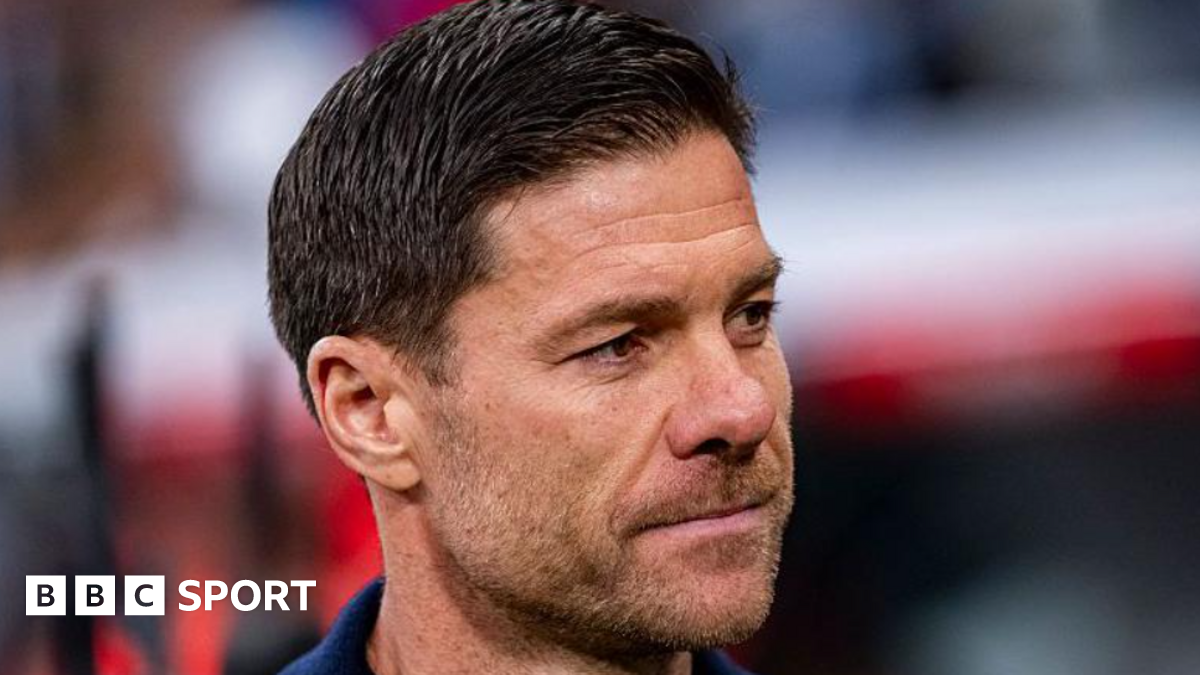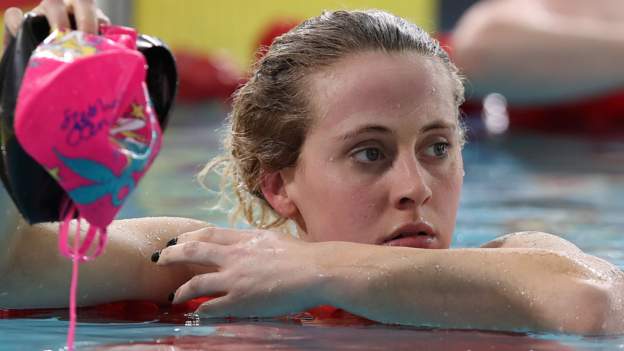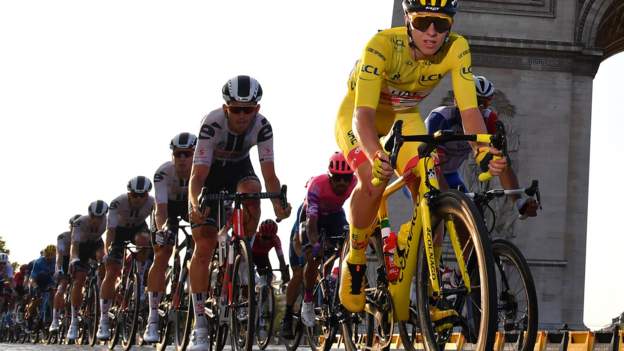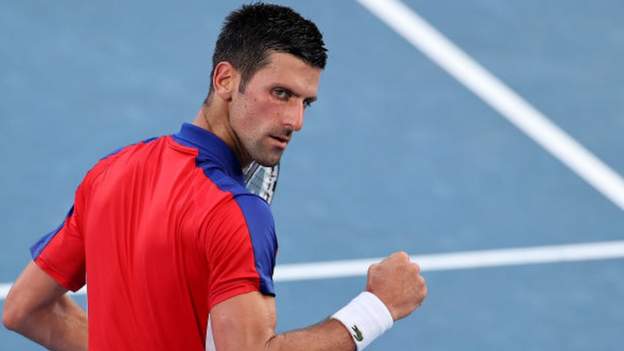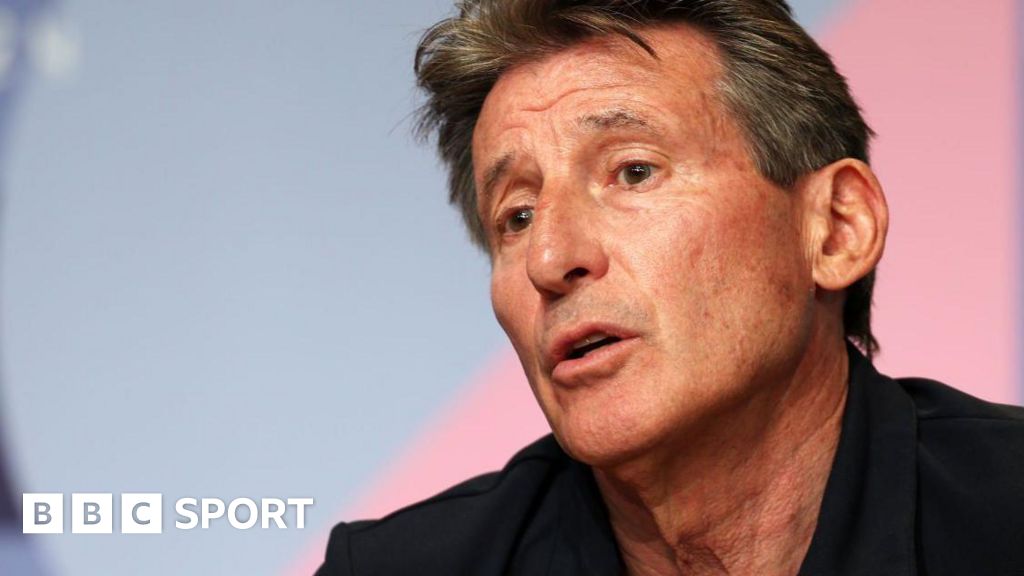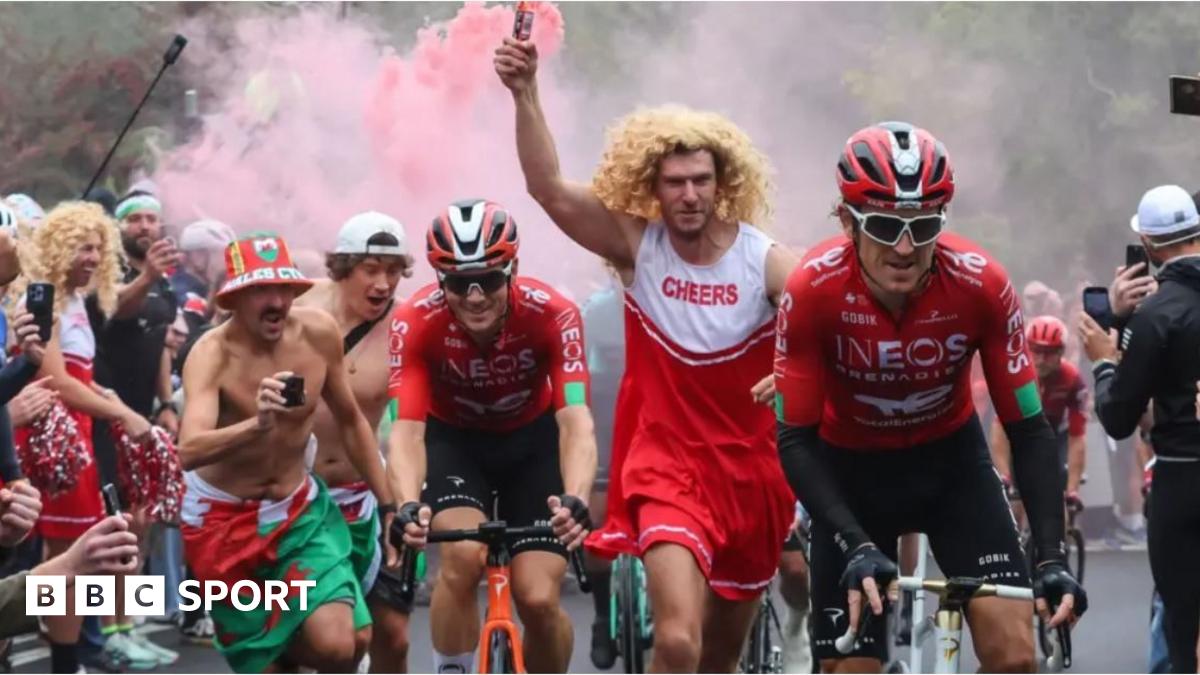| Venue: Budapest Dates: Friday, 30 October 14:00 GMT |
| Coverage: Watch live coverage on the BBC Sport website, app and via the BBC iPlayer |
“If I can compete at a home Olympics with horrendous undiagnosed symptoms and achieve what I have then I can get through anything,” says Siobhan-Marie O’Connor.
Over the past eight years the swimmer has overcome almost all challenges thrown her way to secure 24 major honours at Olympic, world, European and Commonwealth level.
Hungarian Olympic champion Katinka Hosszu, who edged their encounter at Rio 2016, may be her biggest rival, but her toughest opponent is arguably her own body.
Shortly after London 2012, O’Connor was diagnosed with ulcerative colitis and “serious flare-ups” have seen her hospitalised twice in the past three years.
The disease, which affects the lining of the large intestine, weakens an individual’s immune system and the 24-year-old unsurprisingly admits she was “really scared” about the potential impact of coronavirus on her health.
“My immune system basically doesn’t function that well, so there’s a chance I could react to Covid worse than someone of my age usually would,” she tells BBC Sport.
Despite the potential risks of travelling abroad during the global health pandemic, she joined 300 of the world’s best swimmers in Hungary for the International Swimming League (ISL) earlier this month. Now established in the ‘Budapest bio-bubble’, she has no regrets.
“Stress can be a big factor in flare-ups and it was such a hard blow when the [Tokyo 2020] Olympics were postponed so having the ISL to focus on has given me a real purpose,” says O’Connor.
“We knew the racing would be great, but we didn’t know what else we were signing up for out here and there were worries, so we’re really fortunate they’ve made us feel really safe.”
Living with an invisible illness
O’Connor says that for many years she tried to hide her condition “due to embarrassment” but that she has benefited from opening up and sharing her story in recent years.
“Ulcerative colitis and Crohn’s are invisible illnesses and that’s part of the problem because you can look really fine on the outside, but be really poorly inside,” says the 200m individual medley specialist.
“Speaking out has given me strength and I know now that if I’m having a massive battle with chronic fatigue or the pain is really severe that it’s OK to tell people and not bottle it up.
“It’s also important for me not to take any unnecessary risks, so I’m always careful with my hygiene and my diet which I’m being helped with here by the team in Budapest.”
Life in a ‘new lockdown’ – the Budapest ‘bio-bubble’

For the safety of those involved in the ISL and Budapest’s citizens, swimmers are isolated in hotels on Margaret Island, which is in the middle of the Danube river that runs through the city.
Each of the 10 ISL franchises have formed their own ‘bubbles’ for training and competitions, meaning mixing between teams, even during downtime, is banned and rules are strict.
“We’re allowed to go out for a walk around the island for 90 minutes each day, but we can’t leave the island or go anywhere else,” says O’Connor, who races for London Roar.
“Fortunately we’ve found a safe way of ordering in food for occasional treats, but the rest of the time I’m mostly sleeping or watching Disney movies like the Lion King or Ratatouille that I loved when I was younger!
The arrival in Budapest of four Bath-based swimmers was delayed after they came into contact with someone who tested positive for Covid-19 in the UK, but so far no-one within the UK franchise London Roar has contracted the virus.
“We were tested before leaving, then every 12 hours for a couple of days when arriving here and now it’s every five days,” says O’Connor, who has mixed feelings about the swab tests.
“The throat one isn’t so bad, but the nose one seems to go up so high that I feel it’s at the back of my brain, which is pretty painful.
“It might sound strange out here, but we’re just so happy to be racing and we’ll do anything to make it happen.”
ISL bubble offers ‘glimmer of hope’ for Olympics
As it stands the postponed Tokyo Olympics will begin on 23 July 2021, a year after they were supposed to take place.
The International Olympic Committee (IOC) and Tokyo 2020 organisers have both spoken about the rescheduled Games being a “scaled-down” version of what should have taken place this year, although the number of sports and athletes included is not expected to change.
O’Connor, who hopes to compete at her third Olympics next year, believes lessons can be learned from the methods used to successfully run the ISL’s second season.
“Obviously there’s something like 600 people here for the ISL and it would be tens of thousands for the Olympics, which is harder to organise, but so far it’s run smoothly here and shown it can be done,” she says.
“No-one knows what the circumstances will be next summer as things are changing so quickly, but I know all the athletes want it to happen and the ISL has given us a glimmer of hope that maybe it will be OK for the Olympics to go ahead.”
O’Connor returns to the pool on Friday and you can watch her team, London Roar, take on LA Current, DC Trident and the Tokyo Frog Kings live on the BBC Sport website, app and via the BBC iPlayer.




